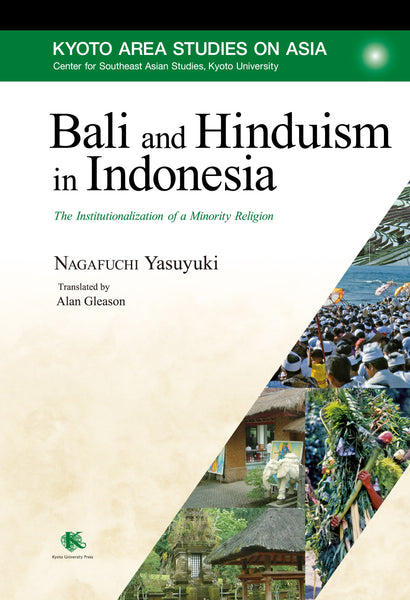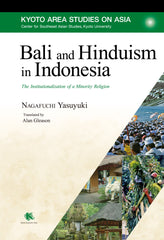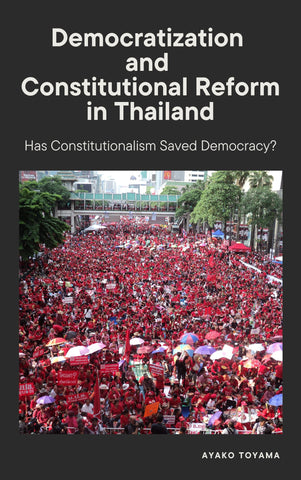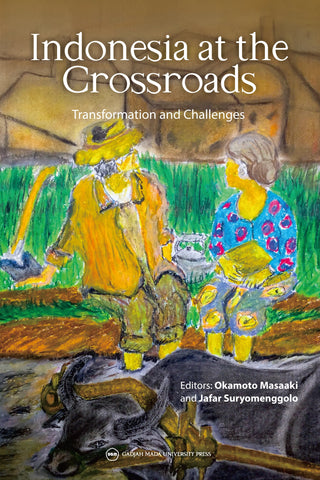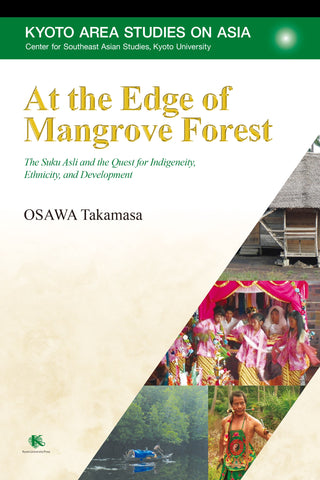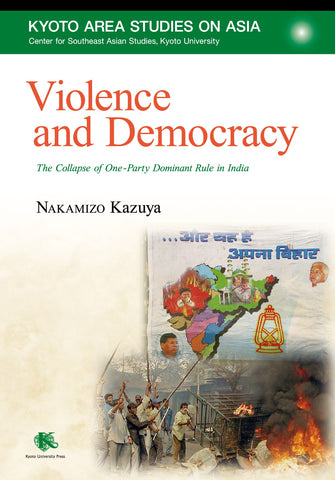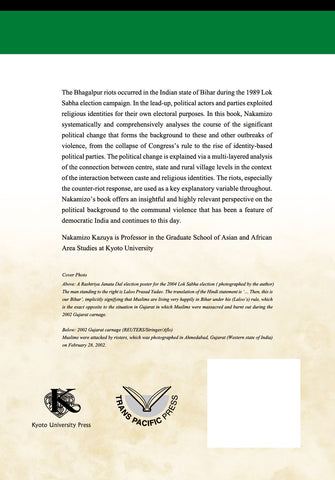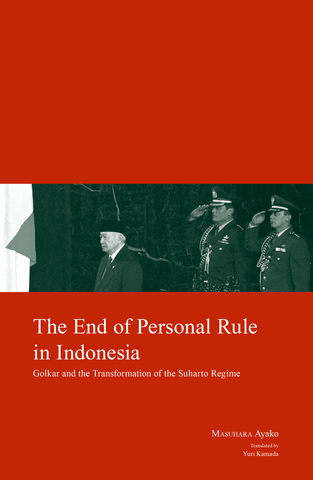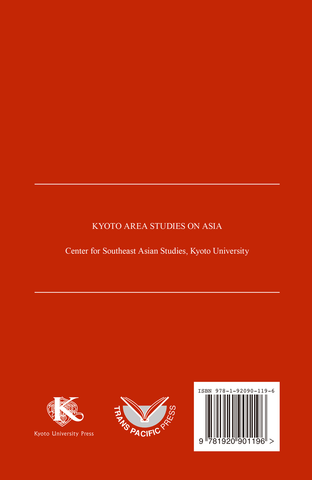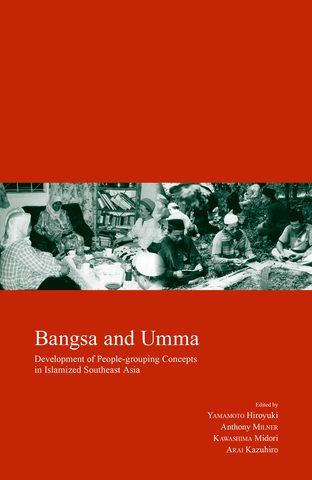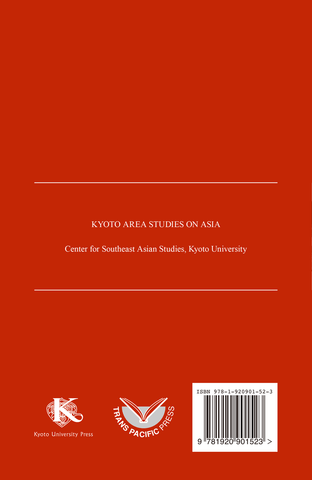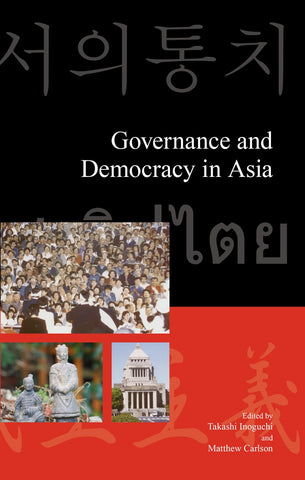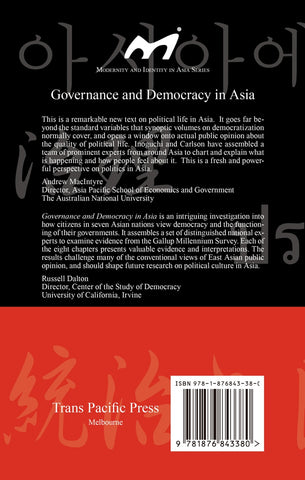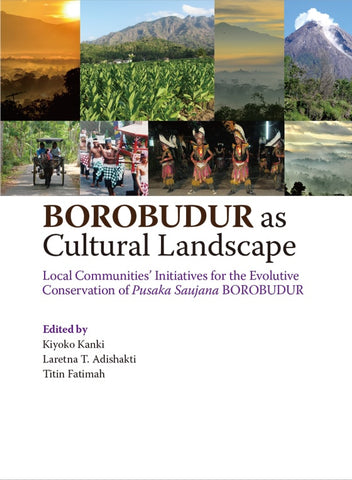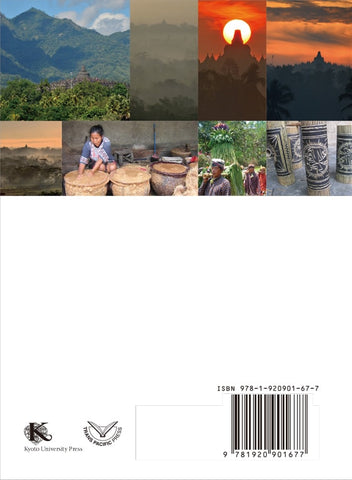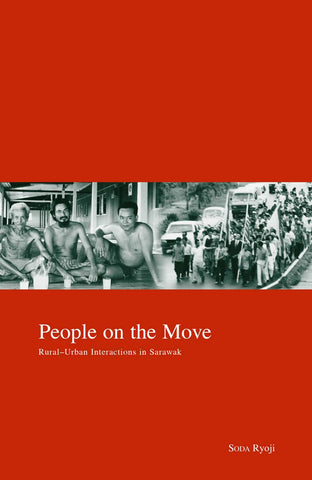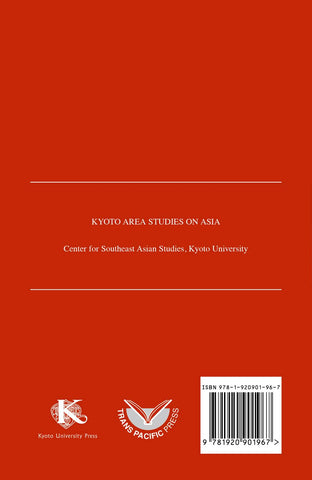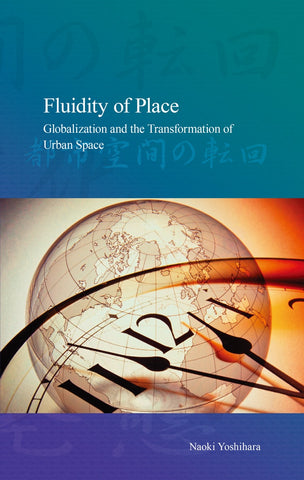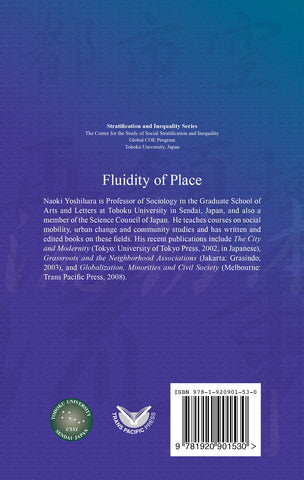Bali and Hinduism in Indonesia
Many In Stock
Why is Bali the only Hindu island in Muslim Indonesia?
Although Indonesia is overwhelmingly Muslim, the population in Bali is 90 percent Hindu. In Bali and Hinduism in Indonesia, a comprehensive study of Hindu society and culture in Indonesia, Yasuyuki Nagafuchi examines Bali since the precolonial era and details the development and institutionalization of Hinduism as an official religion.
By analyzing how Hinduism continues to respond to changes in Bali and throughout Indonesia, this book explores the relationship between religion and the state, and traces the history of Parisada Hindu Dharma, Indonesia’s most representative Hindu organization. From its founding to its rupture at the beginning of the twenty-first century, the author provides a complete history of Parisada and examines the conflict and contradictions between a religion based on Balinese rituals and ceremonies and Hinduism as a global religion. In doing so, this book identifies the unique characteristics of Hinduism in Indonesia today.
About Editors and Authors
NAGAFUCHI Yasuyuki is Emeritus Professor at Nagoya Institute of Technology.
Table of contents
Introduction
Part I: Hinduism and the Colonial State
Chapter 1. A Character Defined, a Cosmos Destroyed
Ethical imperialism
Defining the Balinese
‘Hindu’ and the ruling system
The earthquake of 1917
Issues with puri reconstruction
Restoring Besakih Temple
Disputes over the defi nition of culture
Show More >
Introduction
Part I: Hinduism and the Colonial State
Chapter 1. A Character Defined, a Cosmos Destroyed
Ethical imperialism
Defining the Balinese
‘Hindu’ and the ruling system
The earthquake of 1917
Issues with puri reconstruction
Restoring Besakih Temple
Disputes over the defi nition of culture
Chapter 2. Another Space
A return to religious ritual
Subsumption into capitalism
The establishment of autonomous regions
Order and discord
Lower-level civil servants and organized groups
Organization of knowledge, circulation of discourse
A re-endorsement of religious authority
The dilemma of ‘Balinization’
Part II: Hinduism and the Nation State
Chapter 3. Social Reconstruction and Morality
A border zone
A convergence of issues
Loss of unity
Violence and fear
Kreneng and its signifi cance in the 1950s
Sanglah as a center for new religious scholarship
Shastri and advice from the diaspora
Chapter 4. Religion and the State
Hindus and the Religion Ministry
Unifying the priesthood
The Bali Autonomous Religion Bureau
The conclusion of negotiations
A lack of centripetal force
Last rebellion, or perpetuation of the kingship concept
Monotheism and pluralism
Chapter 5. The Spirit of the New Order
Circumstances of a bloodbath
Discipline under God
The Indonesianization of Hinduism
The shadows of the dead
Symbols of the New Order
Expansion of rituals
Completed cosmology—recreation of a kingship world
Part III: Hinduism and the Global State
Chapter 6. Disintegration: Hinduism and the Pluralization of Values
The ‘channel’ of religion
Deterritorialization and co-optation by the state
Communities and Hindu representative bodies
A schism in religious authority
Democratic Hinduism (1): Hindu-type groups
Democratic Hinduism (2): title groups
Hinduism and pluralizing values
Epilogue
Notes
Bibliography
Index
